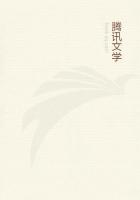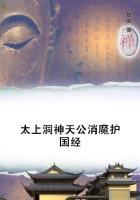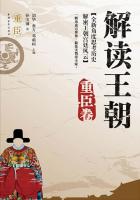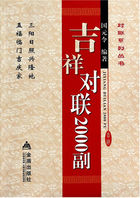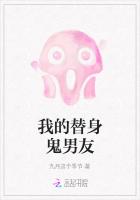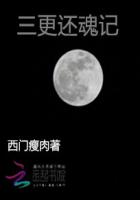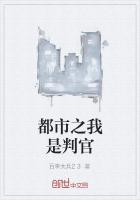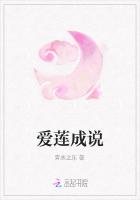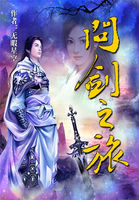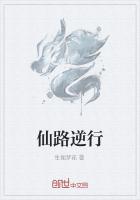Brown, asked why he did not write a novel. He was by that time over seventy years of age, and, though none guessed it, within a few weeks of his death. What he might have done, had he given himself to literature only, it is impossible to guess. But he caused so much happiness, and did so much good, in that gentle profession of healing which he chose, and which brought him near to many who needed consolation more than physic, that we need not forget his deliberate choice. Literature had only his horae subsecivae, as he said: Subseciva quaedam tempora quae ego perire non patior, as Cicero writes, "shreds and waste ends of time, which I suffer not to be lost."The kind of life which Dr. Brown's father and his people lived at Biggar, the austere life of work, and of thought intensely bent on the real aim of existence, on God, on the destiny of the soul, is perhaps rare now, even in rural Scotland. We are less obedient than of old to the motto of that ring found on Magus Moor, where Archbishop Shairp was murdered, REMEMBER UPON DETHE. If any reader has not yet made the acquaintance of Dr. Brown's works, one might counsel him to begin with the "Letter to John Cairns, D.D.," the fragment of biography and autobiography, the description of the fountainheads from which the genius of the author flowed. In his early boyhood, John Brown was educated by his father, a man who, from his son's affectionate description, seems to have confined a fiery and romantic genius within the channels of Seceder and Burgher theology. When the father received a call to the "Rose Street Secession Church," in Edinburgh, the son became a pupil of that ancient Scottish seminary, the High School--the school where Scott was taught not much Latin and no Greek worth mentioning.
Scott was still alive and strong in those days, and Dr. Brown describes how he and his school companions would take off their hats to the Shirra as he passed in the streets.
"Though lame, he was nimble, and all rough and alive with power;had you met him anywhere else, you would say he was a Liddesdale store farmer, come of gentle blood--'a stout, blunt carle,' as he says of himself, with the swing and stride and the eye of a man of the hills--a large, sunny, out-of-door air all about him. On his broad and stooping shoulders was set that head which, with Shakespeare's and Bonaparte's, is the best known in all the world."Scott was then living in 39 Castle Street. I do not know whether the many pilgrims, whom one meets moving constantly in the direction of Melrose and Abbotsford, have thought of making pilgrimage to Castle Street, and to the grave, there, of Scott's "dear old friend,"--his dog Camp. Of Dr. Brown's schoolboy days, one knows little--days when "Bob Ainslie and I were coming up Infirmary Street from the High School, our heads together, and our arms intertwisted, as only lovers and boys know how or why."Concerning the doctor's character, he has left it on record that he liked a dog-fight. "'A dog-fight,' shouted Bob, and was off, and so was I, both of us all hot, praying that it might not be over before we were up . . . Dogs like fighting; old Isaac (Watts, not Walton) says they 'delight' in it, and for the best of all reasons;and boys are not cruel because they like to see the fight. This is a very different thing from a love of making dogs fight." And this was the most famous of all dog-fights--since the old Irish Brehons settled the laws of that sport, and gravely decided what was to be done if a child interfered, or an idiot, or a woman, or a one-eyed man--for this was the dog-fight in which Rab first was introduced to his historian.
Six years passed after this battle, and Dr. Brown was a medical student and a clerk at Minto Hospital. How he renewed his acquaintance there, and in what sad circumstances, with Rab and his friends, it is superfluous to tell, for every one who reads at all has read that story, and most readers not without tears. As a medical student in Edinburgh, Dr. Brown made the friendship of Mr.
Syme, the famous surgeon--a friendship only closed by death. Ionly saw them once together, a very long time ago, and then from the point of view of a patient. These occasions are not agreeable, and patients, like the old cock which did not crow when plucked, are apt to be "very much absorbed"; but Dr. Brown's attitude toward the man whom he regarded with the reverence of a disciple, as well as with the affection of a friend, was very remarkable.
When his studies were over, Dr. Brown practised for a year as assistant to a surgeon in Chatham. It must have been when he was at Chatham that a curious event occurred. Many years later, Charles Dickens was in Edinburgh, reading his stories in public, and was dining with some Edinburgh people. Dickens began to speak about the panic which the cholera had caused in England: how ill some people had behaved. As a contrast, he mentioned that, at Chatham, one poor woman had died, deserted by every one except a young physician. Some one, however, ventured to open the door, and found the woman dead, and the young doctor asleep, overcome with the fatigue that mastered him on his patient's death, but quite untouched by the general panic. "Why, that was Dr. John Brown,"one of the guests observed; and it seems that, thus early in his career, the doctor had been setting an example of the courage and charity of his profession. After a year spent in Chatham, he returned to Edinburgh, where he spent the rest of his life, busy partly with his art of healing, partly with literature. He lived in Rutland Street, near the railway station, by which Edinburgh is approached from the west, and close to Princes Street, the chief street of the town, separated by a green valley, once a loch, from the high Castle Rock. It was the room in which his friends were accustomed to see Dr. Brown, and a room full of interest it was.

